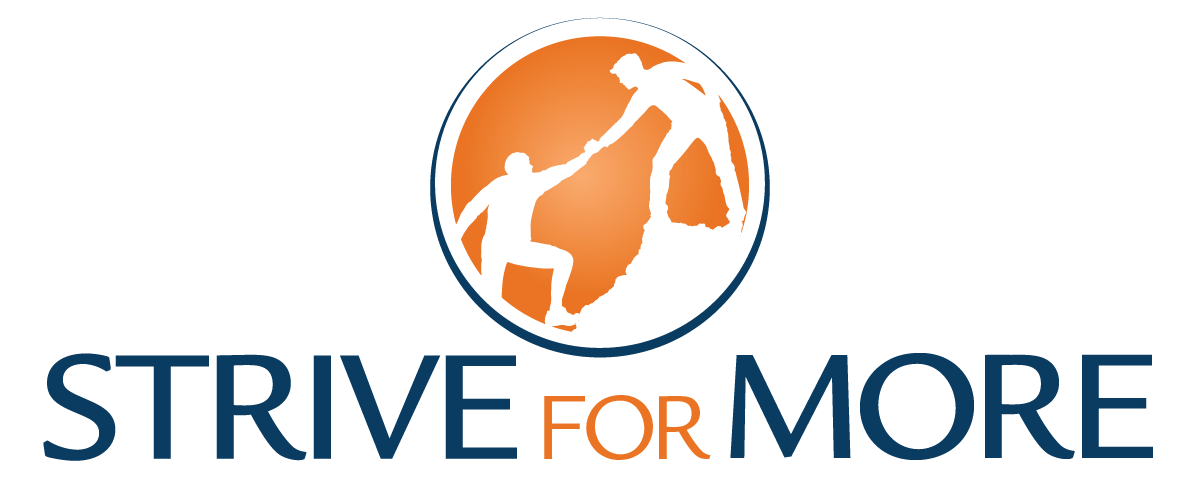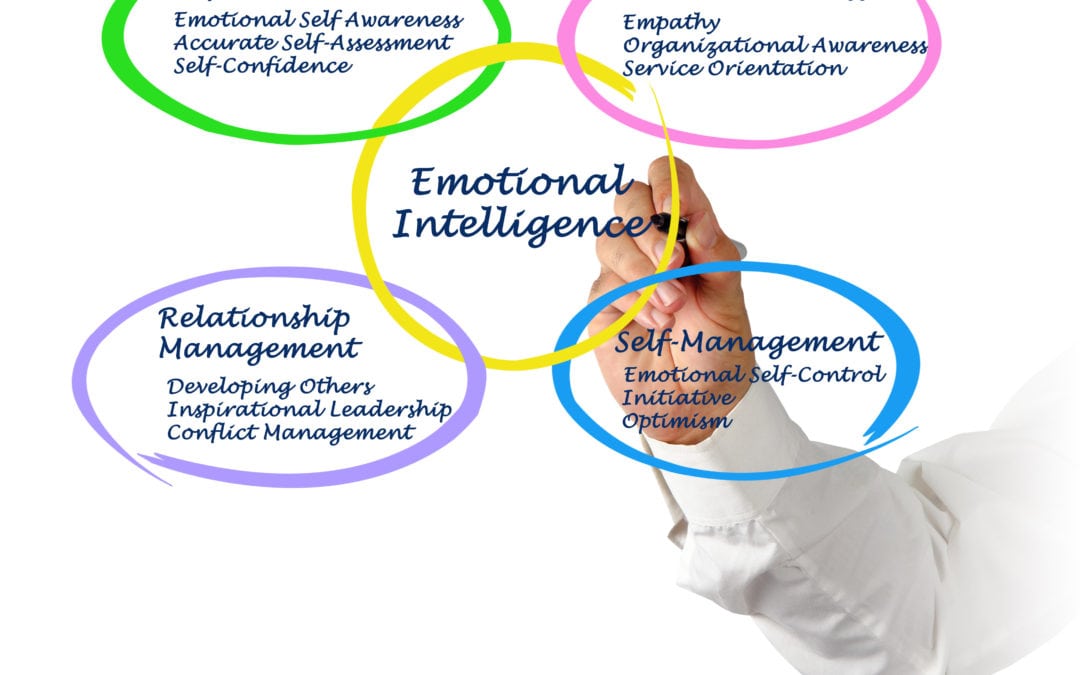“Great leadership works through the emotions.”
-Daniel Goleman, Richard Boyatzis, & Annie McKee
The concept of EQ was originated by the psychologists John Mayer and Peter Salovey and furthered by Daniel Goleman. In [1]Goleman’s book Primal Leadership, he defines the four domains of EQ and their associated competencies as shown below. The first two of which are regarding one’s personal competence (Self-awareness & Self-management), and the second two of which are regarding one’s social competence (Social awareness & relationship management). All four domains can serve as a leader’s guide to developing their leadership competencies. Gone are the days in which we believe the notion that leaders are born; in today’s world, it is possible for anyone to be a leader. EQ gives us a step-by-step guide on how to do this and win the hearts of our employees while inspiring them. Moreover, EQ has been proven to positively affect individuals and organizations.
In a corporate culture where employees change jobs more frequently and stay for fewer and fewer years, it is imperative to create a culture in which our employees feel valued and have a sense of belonging. Our employees want to know who we are and be a part of something which gives them a sense of purpose and allows them to grow. Using EQ can help us connect to our employees and create the type of culture they desire.
The Concept of Emotional Intelligence
- PERSONAL COMPETENCE
- Self-awareness
- Emotional self-awareness
- Accurate self-assessment
- Self-confidence
- Self-management
- Emotional self-control
- Transparency
- Adaptability
- Achievement
- Initiative
- Optimism
- Self-awareness
- SOCIAL COMPETENCE
- Social awareness
- Empathy
- Organizational awareness
- Service
- Relationship management
- Inspirational Leadership
- Influence
- Developing Others
- Change catalyst
- Conflict management
- Building bonds
- Teamwork and collaboration
- Social awareness
Dabke, D. (2016). Impact of Leader’s Emotional Intelligence and Transformational Behavior on Perceived Leadership Effectiveness: A Multiple Source View. Business Perspectives and Research, 27-40.
Goleman, D. (2005). Emotional Intelligence. New York: Bantam Dell.
Goleman, D., Boyatzis, R., & McKee, A. (2002). Primal Leadership: Learning To Lead With Emotional Intelligence. Boston: Harvard Business School Press.
[1] Primal Leadership was co-authored by Richard Boyatzis, and Annie Mckee

